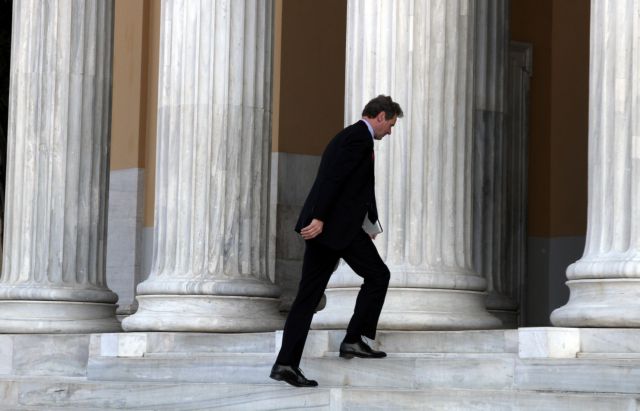The IMF’s troika representative Poul Thomsen underlined the importance of Greece’s return to the credit markets, as it was one of the main goals of the Greek recovery program. Mr. Thomsen explained that it was a first step in facilitating banks in Greece to also return to the markets.
When asked whether Greece will need a new program, the IMF representative responded that while there is one already in place, which will run until early 2016, he estimated that further funding will be necessary, since the program is not full-covered.
While Mr. Thomsen predicted that the additional funding required will not be as extensive as in the past, the assistance from the official sector will be necessary. This, according to the IMF’s troika representative, is something that will be examined at the next review. Mr. Thomsen also revealed that the troika’s technical teams will return to Athens in June to “check the divs”, with the main task force expected after the summer.
EU preparing for Greek debt extension
According to EU officials who spoke to Reuters, the EU is preparing to extend the repayment of Greece’s bailout loans by 30 to 50 years, as well as considering the possibility of further reducing the interest rate. The same report notes that the Greek economy is still far from self-sufficient, citing the IMF which estimated further assistance will needed over the next two years.
Reuters believes that Greece’s recent return to the markets – where it managed to yield 3 billion euros in five-year bonds with a 4.95% interest rate – was as successful as it was because international investors are expecting an official reduction of the debt, followed by an upgrade by the international credit agencies.





